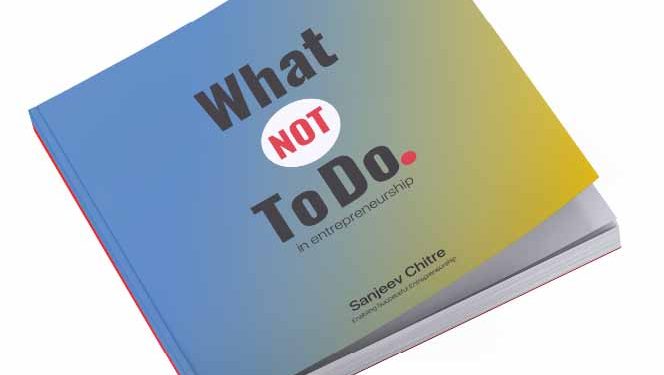Changing Strategies Too Often
Don’t be afraid to attempt something new if your current strategy isn’t working. In no way am I implying that you should never make any changes in your life.
To succeed, you will have to put in a lot of time and work for a long time with little reward.
Neglecting To Take Action
Never doing anything is worse than not having a strategy or changing your plan frequently enough!
New “entrepreneurs” spend a lot of time researching how to start a business, but they rarely do research.
Having one’s own business is appealing to many people, but many are unwilling to put in the effort required to make it happen.
A whopping 62% of millennials have contemplated starting a business of their own.
According to the Small Business Administration research, only 2% of millennials do this.
Researching a new business idea before jumping in is a terrific idea, but you can’t get so mired down in research that you don’t take any action.
Giving Too Much Discount
Promoting your items or services at a discount can be an effective way to gain new clients, especially for online retailers.
Almost two-thirds of consumers believe that coupons help your brand.
To swiftly acquire a large number of customers, you can use coupons on digital products.
Receiving coupons increases oxytocin levels by 38%, resulting in a happy mood. This has been proven scientifically.
Companies like Leadpages frequently provide discounts for annual subscriptions rather than month-to-month plans.
Some entrepreneurs assume severely reducing their products to gain new consumers will pay off in the long run, even if they’re losing money for a period.
“What You’re Doing isn’t Right!”
Many customers will demand the same price after taking advantage of your deal.
In anticipation of an upcoming significant discount, they’ll hold off on renewing their membership or purchasing a new product until then. Your brand’s long-term credibility will be harmed as a result.
As an example, consider JCPenney.
Many people thought they were getting a deal by increasing prices and having a large sale.
Having a freemium model is very common in the software industry.
A “freemium” service denotes one that provides certain benefits but not all of them for free.
An excellent illustration is Dropbox. However, you will only save a fraction of the data that a paying user does because the service is provided for free.
Too Much Effort
Work longer because you’re motivated, not merely because you think you’re getting more done.
This leads to stress and fatigue.
When you put too much or extra hard work and pressure on yourself, you create a stressful situation.
The 50-hour workweek has been established to limit human productivity by science. Efficiencies begin to dwindle after 50 hours of work.
It’s possible that you believe you’re unique or that you’re constantly productive, but this isn’t the case at all. There is no difference in productivity between a person who works 70 hours a week and a person who works 55 hours. To perform at their peak, our brains require adequate rest. With a long day ahead, brief breaks can be an excellent way to boost productivity and concentration.
Conclusion
It’s not easy being an entrepreneur, hope this article helps to determine What not to do in Entrepreneurship?
If you’ve got enough desire and determination to put in the hard work and make it happen, you can succeed.
Make mistakes, but don’t allow them to get in your way. The average entrepreneur makes hundreds, if not thousands, of blunders over their career.
No matter how hard you try, you’ll never be able to see the bright side of every situation.
Most entrepreneurs are enthusiastic about the future. According to the Entrepreneurs’ Organization, 76% of respondents believe they will generate more money in the next six months.
It’s not uncommon for folks to regard business as a dice-rolling effort. Sanjeev Chitre, also a technology entrepreneur, aims to transform this enthusiasm of Entrepreneurs with the unpredictability of success into a science of Building Wealth. Read “What Not To Do” by Author Sanjeev Chitre author gives an insight into why entrepreneurial projects self-destruct and what an entrepreneur should NOT do to avoid disaster. You won’t find references, theorems, or charts like those you’d see in a business school assignment. It’s impossible to overstate the importance of real-life anecdotes from people who have achieved success or failure in their endeavors. The ultimate objective of this ‘What Not to Do’ book is to succeed in business. All articles from outside sources have been omitted at the author’s request.


























